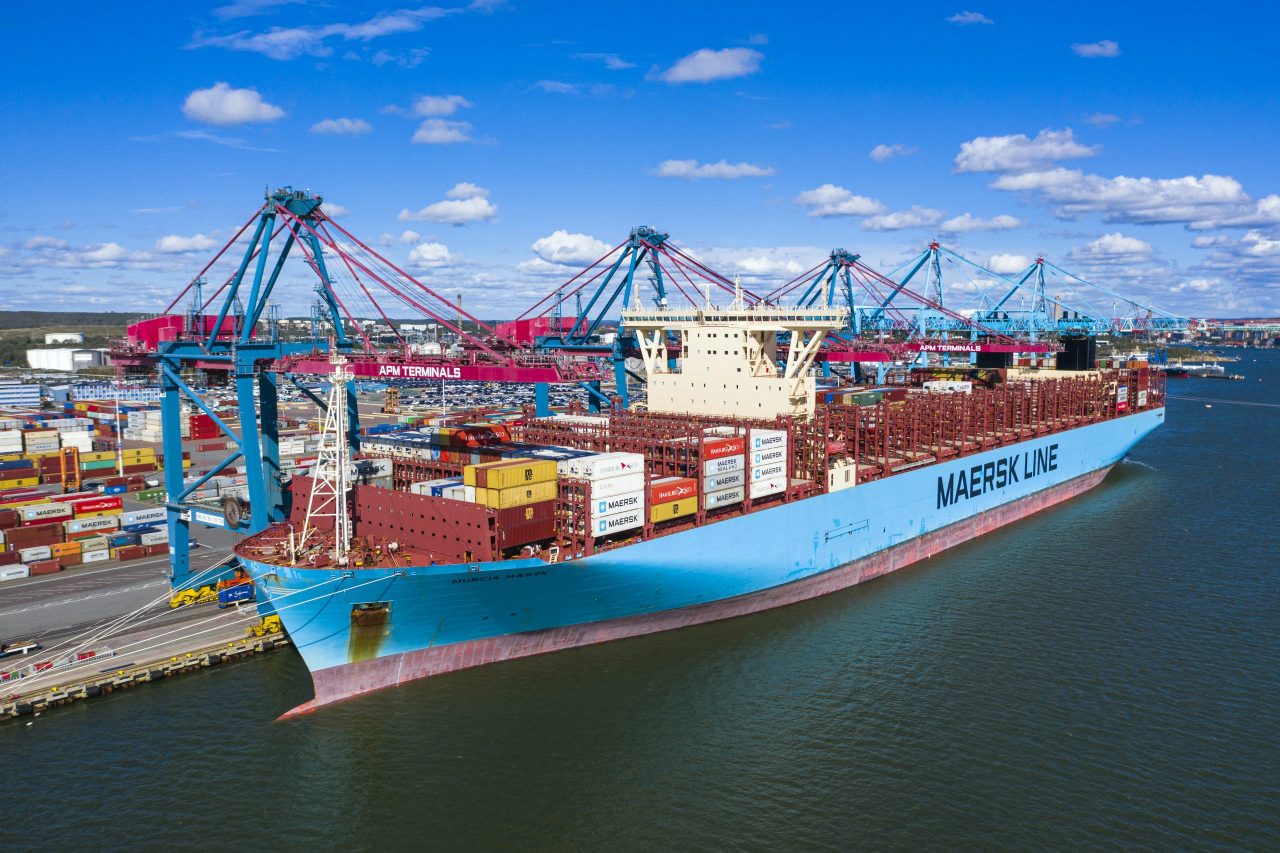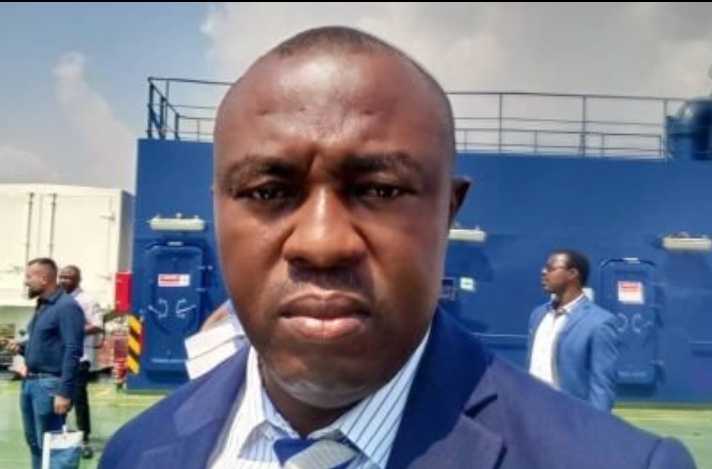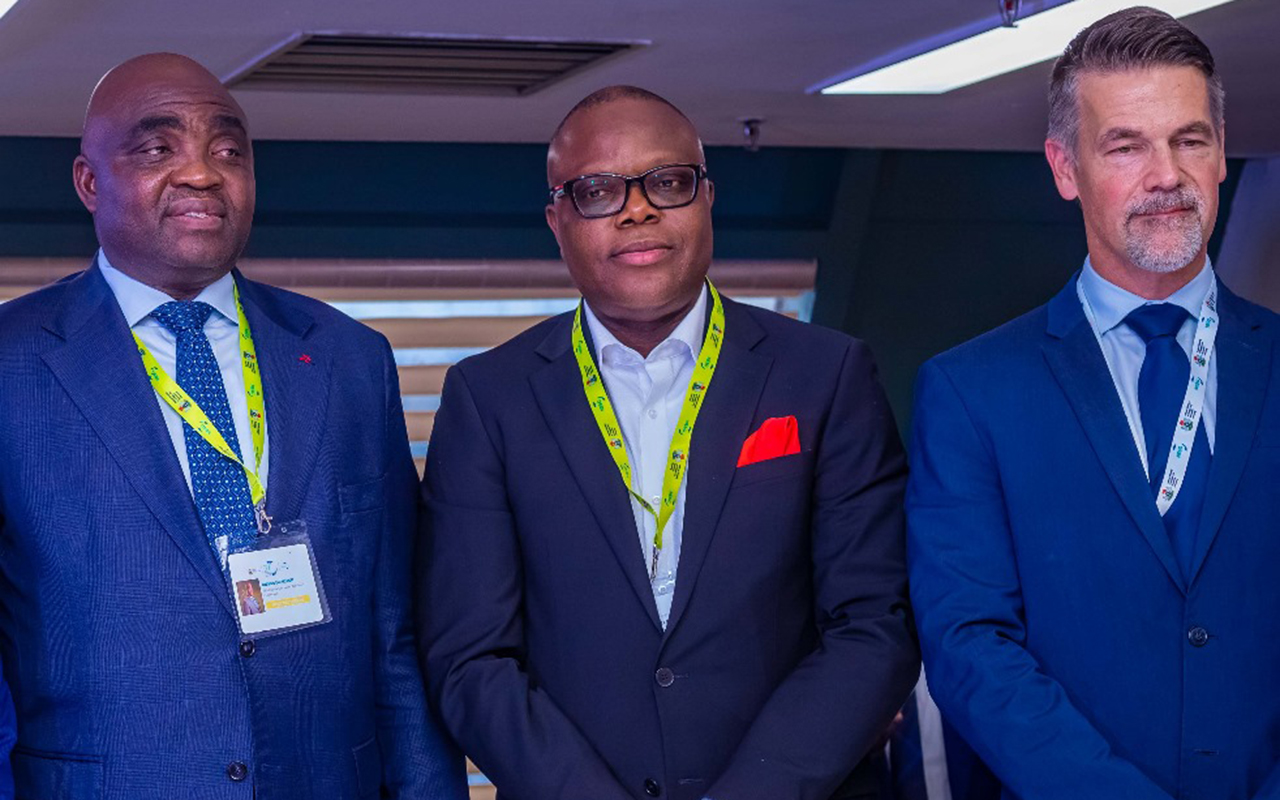The Federal Government has said that harassment and bullying have no place in the Nigerian maritime industry.
The Minister of Marine and Blue Economy, Adeboyega Oyetola, also assured that the government is committed to ensuring that seafarers are well-protected and respected internationally.
The minister stated this at the 2025 Seafarers Day celebration held in Port Harcourt. According to him, the government is prioritising quality training by upgrading maritime institutions, expanding capacity-building programmes, and aligning seafarer education with international standards.
He also disclosed that the ministry has launched digital platforms to improve seafarers’ activities.
According to him, the digital platforms will connect seafarers with support networks and job opportunities worldwide.
Speaking on this year’s theme, “My Harassment-Free Ship,” Oyetola pledged to continue building a maritime sector that values, protects, and empowers the workers.
The minister stressed, “We are committed to full compliance with the STCW Convention, including recent amendments mandating anti-harassment training onboard ships. These steps are vital to ensure our seafarers remain competitive and globally employable.
“Additionally, the government is investing in seafarers’ welfare through stronger regulation of recruitment and placement agencies, improving access to decent work, and collaborating with shipowners to guarantee fair treatment and onboard safety.”
Oyetola noted that the ministry is also actively supporting Nigerian participation in international shipping to increase sea-time opportunities for cadets and professionals.
“We are also advancing the welfare and rights of Nigerian seafarers. The recent Collective Bargaining Agreement, facilitated by the Nigerian Maritime Administration and Safety Agency (NIMASA) in collaboration with industry unions and employers, sets a new benchmark for fair wages, decent working conditions, and improved dispute resolution.
“NIMASA continues to enforce flag and port state controls, and promote Nigeria’s presence in global shipping, which is protected”, the minister added.
Earlier, the Director General of NIMASA, Dr Dayo Mobereola, said the agency organised the event to honour seafarers for their immense contributions to both domestic and international trade, powering the blue economy and connecting nations across the oceans.
Mobereola said this year’s theme for celebration is particularly apt, “as it is a call to action to ensure that our seafarers feel safe, are valued and protected while at sea because the ship is not just their place of work; it is their temporary home.”
He assured that NIMASA must continue to play its part in ensuring that Nigeria contributes effectively to regulations affecting seafarers.
“We remain the highest contributor of seafarers in Africa. Our men and women sail on vessels in our domestic waters and also globally. This will continue to grow through the Nigerian Seafarers Development Program (NSDP) and the effort of our Maritime Training Institutions,” he said.
Mobereola recalled that at the recently concluded 113th session of the International Labour Conference held in Geneva, seven amendments to the MLC 2006 code addressing a broad range of issues affecting Seafarers, including the recognition of seafarers as key workers, improved protection against ship board violence and harassment, enhanced access to shore leave and repatriation and updated medical and occupational safety standards were approved by an overwhelming majority.
He said the seven amendments reflect a collective global effort to align maritime labour standards with the evolving landscape of global shipping.
The NIMASA boss, however, called on shipowners, operators, and crewing agencies to review their operational manuals to align with these amendments ahead of the expected entry into force in December 2027. “Our Seafarers must be able to report grievances without fear of retaliation, while also ensuring protection against vexations or malicious complaints”.
He assured that “NIMASA will play its role by establishing clear policies and procedures for preventing and addressing harassment on Nigerian-flagged vessels, ensuring confidential reporting channels for incidents of harassment and that reports are thoroughly investigated and addressed.”






